Six students from Tusculum College recently explored the culture, natural diversity and educational system of Belize.
Four biology students and two education students traveled to the region around San Ignacio in Belize during March to immerse themselves in the diverse culture and natural environment of the Central American nation.
“Sometimes you go with a plan, but it doesn’t go that way and sometimes it is way better than you planned,” said Rebecca Hunley, one of the education students. “This trip was like that.”
Hunley, who is in the master’s degree program at Tusculum, worked at the Bullet Tree Primary School with teachers and administrators. “The school was in the middle of nowhere,” she recalled during a presentation about the trip. “There were no lights in the classroom.”
Students were packed into the classrooms and there was a lack of basic resources, she said, but the school had been able to create a small computer lab.
It was in the computer lab one day that she had an unexpected reminder of home. Going into the lab, she was surprised to see the teacher there instructing the students about low and high tides using her district’s website.
Hunley is a biology teacher in the Jefferson City School System. “Our district’s website is known nationally, but I did not know it was known internationally.”
During her presentation, Hunley noted that the educational system is very different in Belize than in the United States. Students must pay some fees to attend primary school for supplies, she explained. However, to attend school past the primary level, students must pay tuition of $1,500 a year, which many families cannot afford.
If a child cannot continue their education, they enter the workforce, she said.
As a biology teacher, Hunley said she received an additional benefit as she accompanied the biology students on some of their activities.
The four biology students, accompanied by Dr. Greg Church, associate professor of biology, explored a variety of habitats while in Belize.
The group also visited a Mayan temple ruin. “We were driving in the city,” said Morgan Baese, of Chattanooga, said, “and all of the sudden we turned onto a road that looked like we were entering a forest and it was right there.”
The students visited the Iguana Conservation Project, in which they were able to learn more about the species, handle some of the lizards and closely view some of the exotic bird species that live in Belize.
How close they were able to get to the animals was also surprising during the students visit to the Belize Zoo, said Ben Hale of Morristown. The animals were used to people and would come up to the fence of their enclosures, he said, adding that the students got to go into some of the bird habitats.
Visiting the Belize Botanical Gardens, the students explored the lush vegetation that grows in the country and also tried many of the different type of fruits that grow there.
The students spent two days caving, which included exploring the beautiful rock formations inside St. Herman’s Cave, which is part of the Blue Hole National Park, and learned about ecology of life along the river during a long kayaking trip.
In the evenings, the students immersed themselves in the culture of Belize. They attended a local fair, tried local cuisine and saw a performance of Garifuna drummers.
Tusculum’s Center for Global Studies is planning international study trips for the next academic year, which includes a possible trip by a service-learning class to Belize.



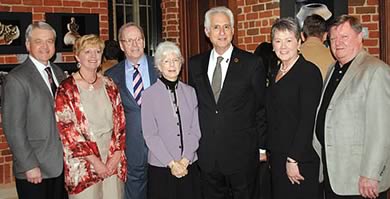
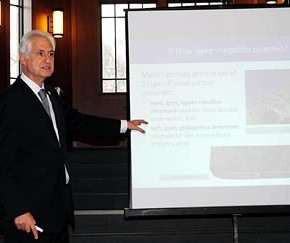
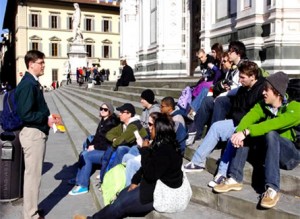
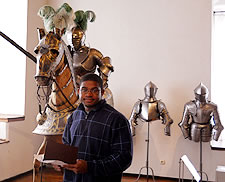
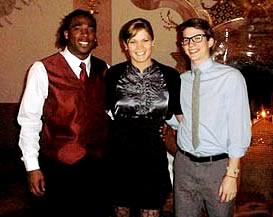
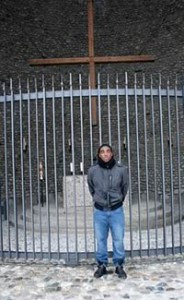
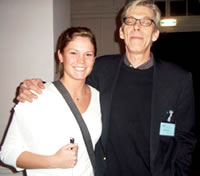
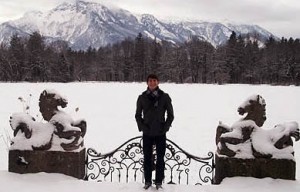
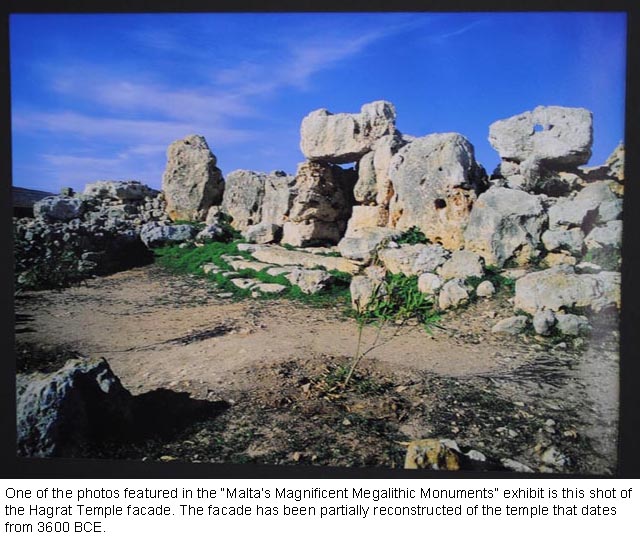 An international photography exhibit, “Malta’s Magnificent Megalithic Monuments,” opens at Tusculum College on Tuesday, March 1, and will remain on display through April 12.
An international photography exhibit, “Malta’s Magnificent Megalithic Monuments,” opens at Tusculum College on Tuesday, March 1, and will remain on display through April 12.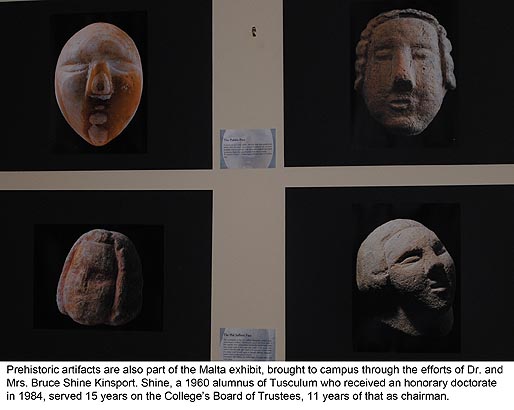 A reception to honor Malta’s Ambassador Miceli will be held on Sunday, March 27, from 3-5 p.m. in the lobby of the Thomas J. Garland Library. Ambassador Miceli will also spend time on Monday, March 28, visiting with students at Tusculum College to discuss the exhibit, as well as Malta’s emerging role in the European Union.
A reception to honor Malta’s Ambassador Miceli will be held on Sunday, March 27, from 3-5 p.m. in the lobby of the Thomas J. Garland Library. Ambassador Miceli will also spend time on Monday, March 28, visiting with students at Tusculum College to discuss the exhibit, as well as Malta’s emerging role in the European Union.